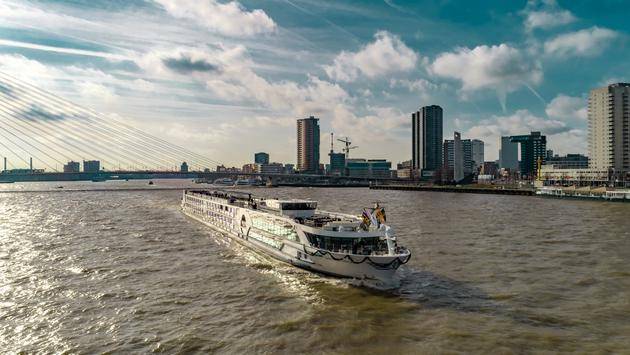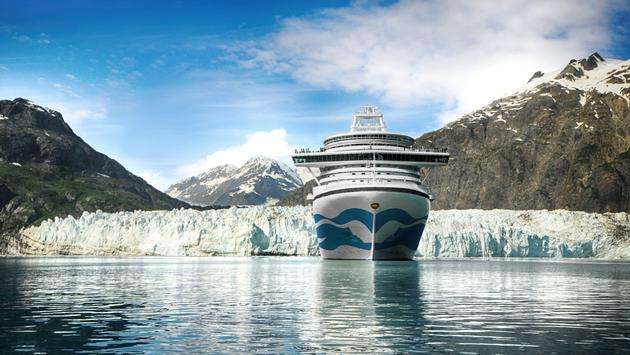February 28,2025
US, Canada, Mexico Keeping Land Borders Closed Through June 21
by Bin Xu
The U.S. Department of Homeland Security (DHS) today announced that the U.S.’ land borders with both Canada and Mexico will remain closed to all nonessential travel through at least June 21. As before, trade transportation and other essential crossings will still be sanctioned.
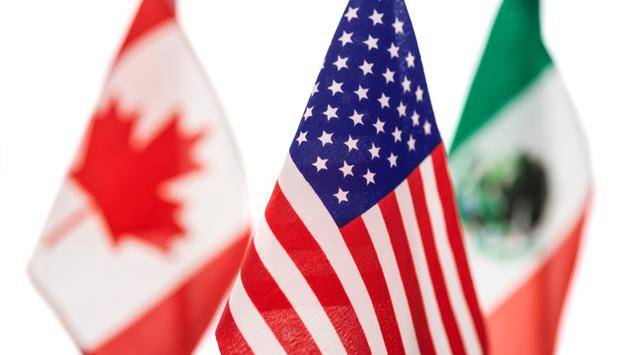
This marks the fourteenth time that the respective bilateral travel bans between the U.S. and its North American neighbors have been extended on a monthly basis since initially being implemented in March 2020 as part of efforts to curb the spread of COVID-19.
In its revelatory tweet , the DHS did note that it is, "working closely with Canada & Mexico to safely ease restrictions as conditions improve," though no solid plans have emerged thus far for the rollback of restrictions.
While the U.S. still leads the world in terms of total COVID-19 cases, its infection rates are now steadily falling as vaccination rates climb. Last year, Canada appeared to have retained better control over the virus’ spread; but, in recent months, the country saw a major spike in new cases, prompting the Canadian government to toughen travel restrictions , including requiring negative COVID-19 tests for all inbound air travelers and mandating hotel quarantines .
In an abundance of caution, our northern neighbor has also banned all cruise large ships sailing in Canadian waters through the end of February 2022. As this move would have prevented all cruises from the U.S. mainland to Alaska for the 2021 summer season, the U.S. Senate last week passed the Alaska Tourism Restoration Act , which will enable cruise ships to operate in Alaska without stopping in Canadian ports, as was previously required under law.
The Canadian government appears to be in no rush to reopen the borders, based on some of Prime Minister Justin Trudeau’s previous statements on the subject. Last week, he told the Canadian Broadcasting Corporation that he would prefer to wait on fully reopening the U.S.-Canada border until 75 percent of his nation’s population has been vaccinated.
As of Thursday, 48 percent of Canadians have received at least their initial dose of a vaccine, according to USA Today . "My gut tells me it's going to be (closed) at least well into the fall of 2021," Trudeau also predicted one week prior.
The Mexican government has been lax in terms of border enforcement on U.S. travelers crossing over into Mexico's northern border cities. Since the start of the pandemic, Mexico never actually closed to air travel from other countries, and many Americans have been vacationing south of the border amid COVID-19, as other destinations remained shuttered.
However, it was announced last week that the state of Quintana Roo—home to popular tourism spots like Cancún, Cozumel, Riviera Maya and Tulum—was in danger of “imminent lockdown” because of a spike in new cases in the region over the five weeks prior. Governor Carlos Joaquín said he believed that a surge in tourism seen over the spring break weeks and Easter contributed to the uptick in infections.
USA Today reported that anecdotal evidence suggests that pandemic-era travelers are particularly drawn to Mexico’s Caribbean coastal resorts and destinations, at least partially, because their COVID-targeted health and safety measures remain largely voluntary, and there has been no lockdown in the region. Reportedly, many tourists remove their masks the moment they reach their hotels or beach clubs.
Leave a Reply
Please sing in to post your comment or singup if you dont have account.
Favorite articles
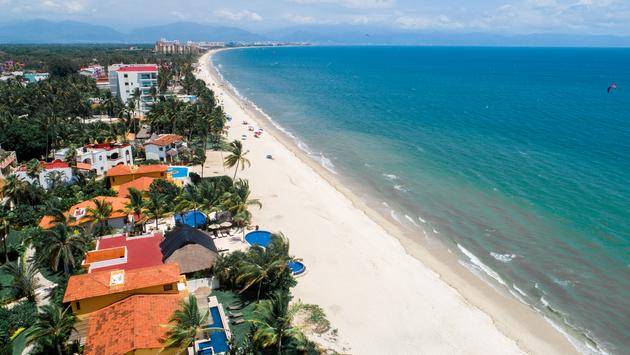
Riviera Nayarit Consolidates Air Connectivity With New Routes
January 03,2022

Looking for a Black Friday Deal? Try Summer 2021 Travel
December 30,2021
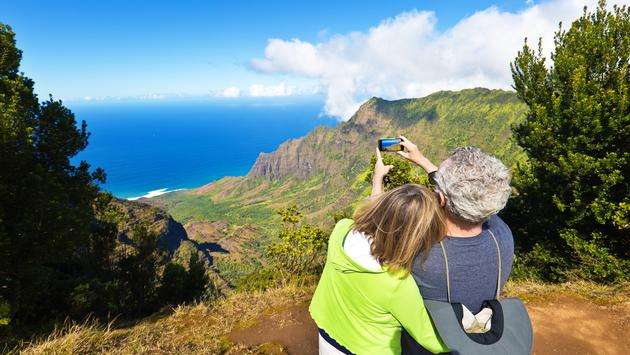
Kauai Drops Out of Hawaii’s Pre-Travel Testing Program
December 28,2021
Most popular articles
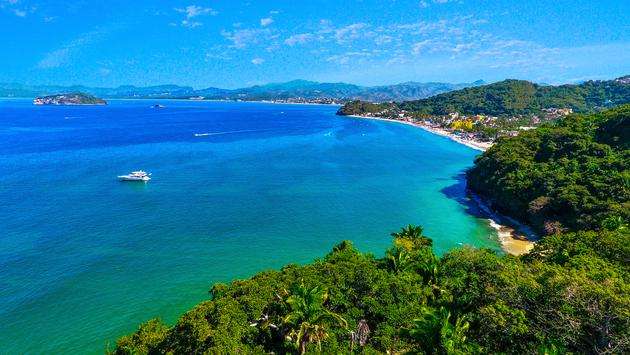
Riviera Nayarit Proves Resilience With New Hotel Openings
January 04,2022
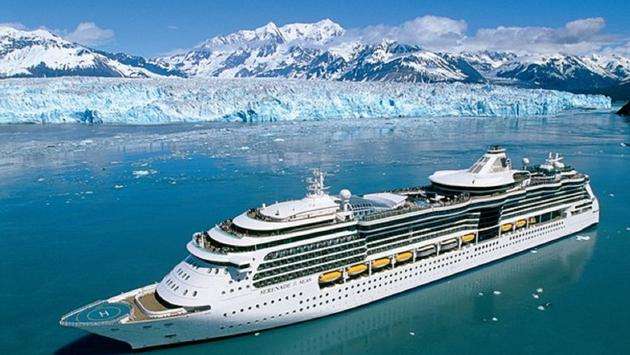
Large Cruise Ships Return to Alaska
December 29,2021

How to Score Free Disney World Theme Park Tickets in 2021
December 26,2021

Hotel Xcaret Arte To Make Its Debut in July 2021
December 25,2021
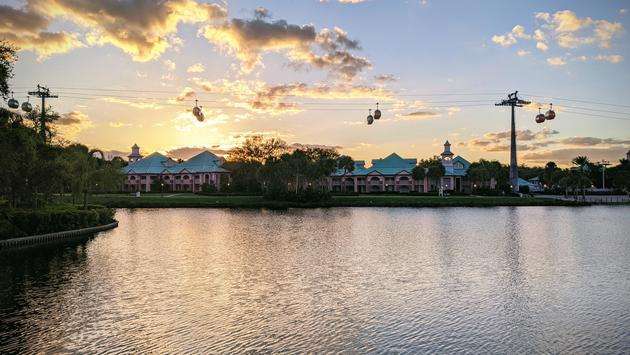

Families Can Virtually Visit Santa With Finnair
December 20,2021
Popular articles

Public Donates More Than $100K To Harassed Hotel Worker
January 02,2022
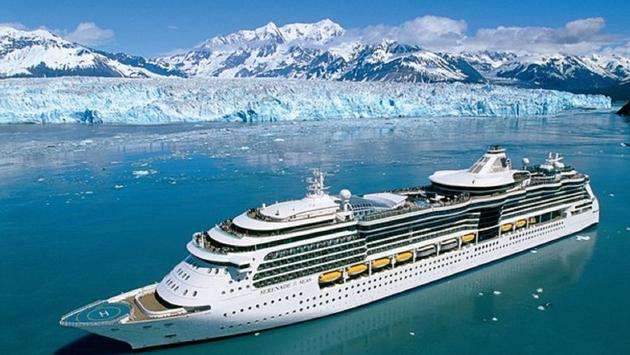
President Biden Signs Law To Restart Cruising in Alaska
January 01,2022
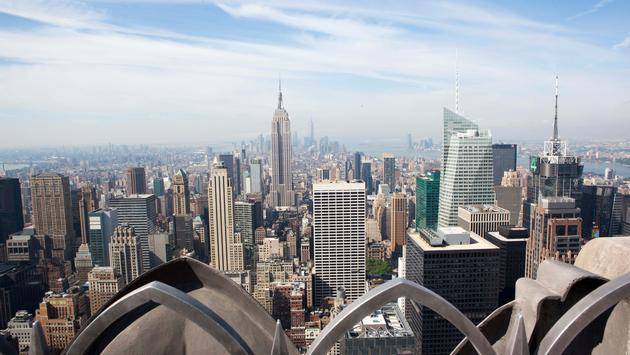
New Proposal Would Create 24-Hour Nightlife Zones in New York City
December 31,2021
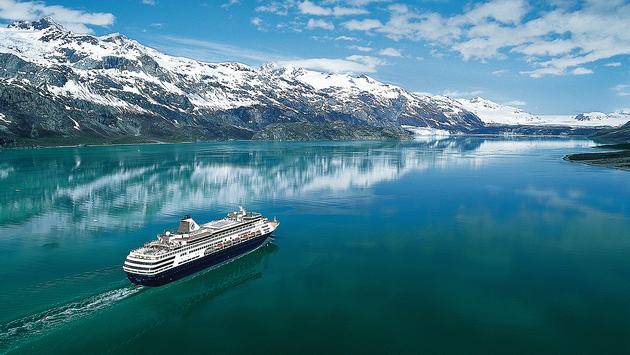
Holland America Line Launches 'BIG' Wave Season Offer
December 23,2021
Categories
Favorite articles
Riviera Nayarit Consolidates Air Connectivity With New Routes
January 03,2022
Looking for a Black Friday Deal? Try Summer 2021 Travel
December 30,2021
Kauai Drops Out of Hawaii’s Pre-Travel Testing Program
December 28,2021
Most popular articles
Riviera Nayarit Proves Resilience With New Hotel Openings
January 04,2022
Large Cruise Ships Return to Alaska
December 29,2021
How to Score Free Disney World Theme Park Tickets in 2021
December 26,2021
Hotel Xcaret Arte To Make Its Debut in July 2021
December 25,2021
Families Can Virtually Visit Santa With Finnair
December 20,2021
Popular articles
Public Donates More Than $100K To Harassed Hotel Worker
January 02,2022
President Biden Signs Law To Restart Cruising in Alaska
January 01,2022
New Proposal Would Create 24-Hour Nightlife Zones in New York City
December 31,2021
Holland America Line Launches 'BIG' Wave Season Offer
December 23,2021

